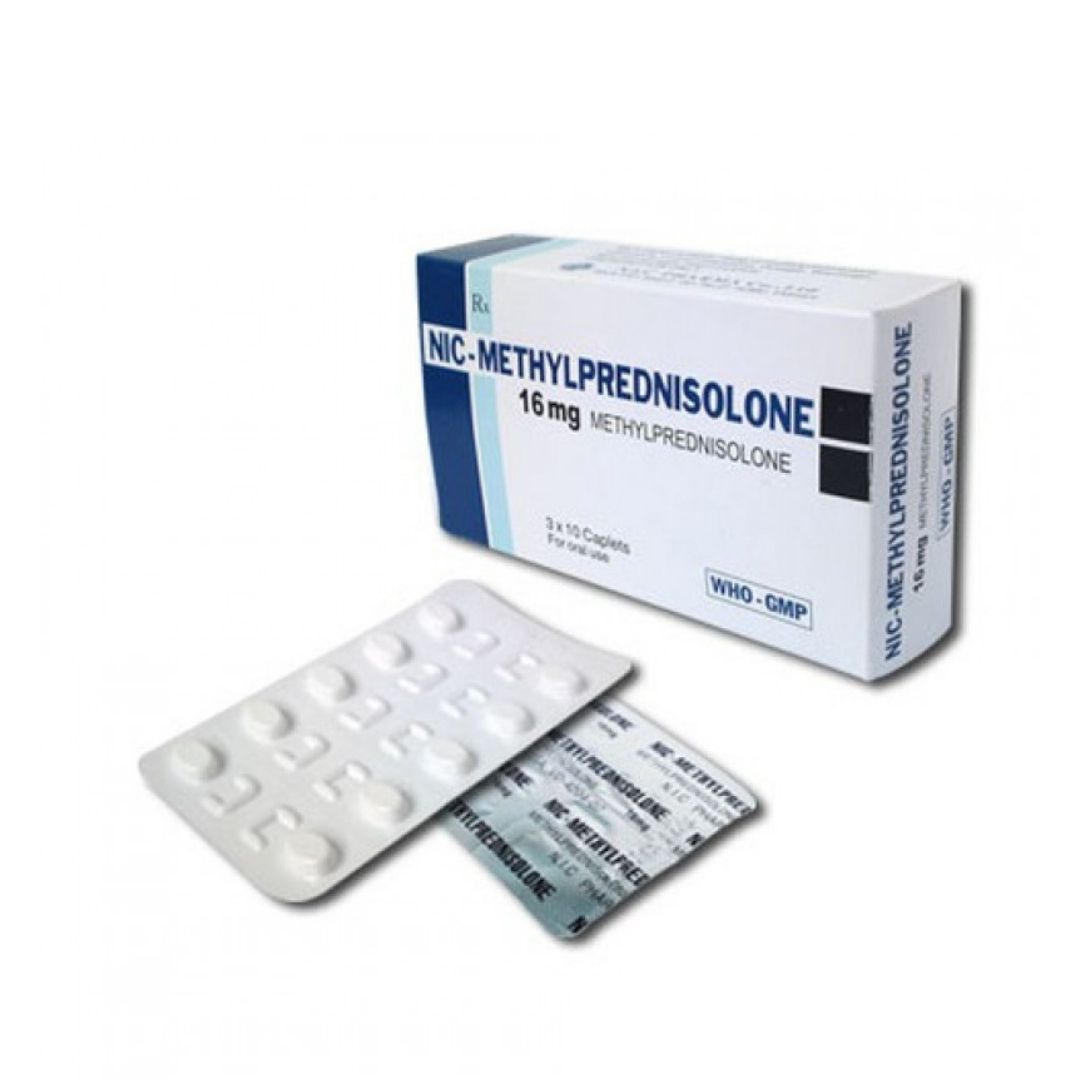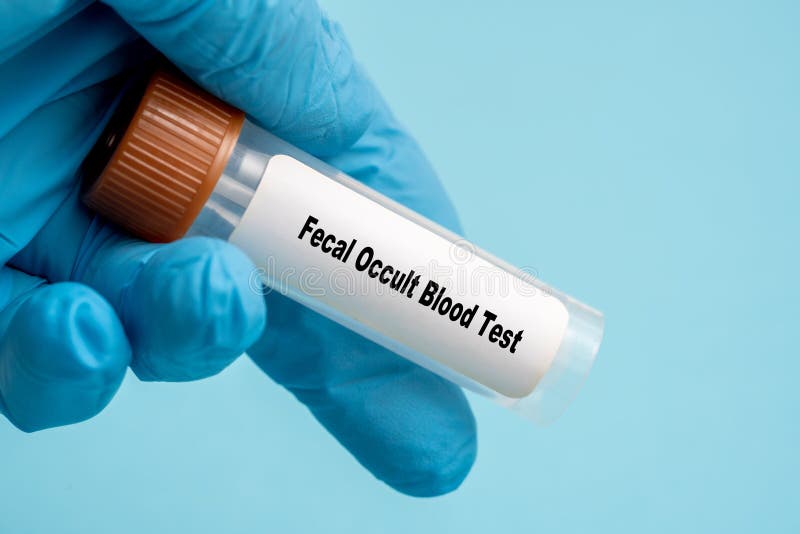10 Kidney Disease Blood Tests For Early Detection

Kidney disease, a condition where the kidneys lose their ability to filter waste and excess fluids from the blood, can be asymptomatic in its early stages, making regular blood tests crucial for detection. The following are 10 key blood tests that can aid in the early detection of kidney disease, categorized based on their primary functions:
1. Serum Creatinine Test
This test measures the level of creatinine in the blood, a waste product that comes from the normal wear and tear on muscles of the body. The kidneys are responsible for filtering out creatinine from the blood. High levels of creatinine may indicate impaired kidney function. Understanding creatinine levels is vital because they can signal the need for further testing or the initiation of treatment to prevent progression of kidney disease.
2. Blood Urea Nitrogen (BUN) Test
The BUN test measures the amount of urea in the blood. Urea is a waste product that occurs in the blood when the body breaks down protein. Normally, this waste is removed by the kidneys, but if the kidneys are not functioning properly, the levels of urea in the blood can rise. Elevated BUN levels can indicate kidney disease or failure, among other conditions.
3. Glomerular Filtration Rate (GFR) Test
GFR is a test used to check how well the kidneys are working by estimating the volume of filtered fluid through the glomeruli (capillaries in the kidneys) into Bowman’s Space per unit of time. A low GFR can indicate kidney disease. The GFR is calculated based on the serum creatinine level, age, sex, and race. It’s a critical measure for assessing kidney function and staging kidney disease.
4. Electrolyte Panel
This test measures the levels of essential electrolytes (like potassium, sodium, and chloride) in the blood. Kidney disease can disrupt the balance of these electrolytes, leading to various complications. For instance, high potassium levels (hyperkalemia) can be dangerous and require immediate medical attention.
5. Calcium and Phosphorus Tests
These tests measure the levels of calcium and phosphorus in the blood. Kidney disease can lead to abnormal levels of these minerals, causing bone disease and other complications. For example, kidney failure can lead to hyperphosphatemia (elevated phosphorus levels) and hypocalcemia (low calcium levels), which can result in bone pain and other symptoms.
6. Parathyroid Hormone (PTH) Test
PTH is a hormone that regulates calcium levels in the blood by promoting the release of calcium from bones. In kidney disease, the kidneys may not be able to convert vitamin D to its active form, which can lead to increased PTH levels as the body tries to maintain normal calcium levels. Elevated PTH levels can signal kidney disease and the onset of bone disease.
7. Uric Acid Test
This test measures the level of uric acid in the blood. High levels can indicate kidney disease among other conditions. Uric acid is a waste product that’s normally removed by the kidneys. If the kidneys are not functioning well, uric acid can build up in the blood, potentially leading to gout or kidney stones.
8. Complete Blood Count (CBC) Test
A CBC measures several components of the blood, including red blood cells, white blood cells, and platelets. Kidney disease can lead to anemia (low red blood cell count), which is often one of the first signs of kidney problems. The kidneys produce erythropoietin, a hormone that stimulates red blood cell production. When the kidneys fail, they produce less erythropoietin, leading to anemia.
9. Albumin Test
Albumin is a protein made by the liver and secreted into the blood. Normally, the kidneys don’t filter albumin out of the blood, but when they are damaged, small amounts of albumin can leak through the kidneys and end up in the urine. Low blood albumin levels can indicate kidney disease, among other conditions.
10. Cystatin C Test
Cystatin C is a protein that is produced by all cells in the body and eliminated by the kidneys. The level of cystatin C in the blood is a good indicator of kidney function. It’s considered a more accurate marker of GFR than serum creatinine in certain populations, especially in individuals with muscle wasting diseases or those who are obese or malnourished.
Conclusion
These blood tests are invaluable tools for the early detection and management of kidney disease. By monitoring these indicators, healthcare providers can assess kidney function, identify potential issues early, and initiate appropriate interventions to slow the progression of kidney disease and prevent its complications. Regular testing, coupled with lifestyle modifications and adherence to medical treatment when necessary, can significantly improve the outcomes for individuals with kidney disease.
FAQ Section
What is the primary purpose of the serum creatinine test in diagnosing kidney disease?
+The primary purpose of the serum creatinine test is to measure the level of creatinine in the blood, which helps in assessing kidney function. High levels of creatinine indicate impaired kidney function.
How often should individuals with a family history of kidney disease undergo blood tests for early detection?
+Individuals with a family history of kidney disease should consult their healthcare provider about the frequency of screenings. Generally, annual checks are recommended, but this can vary based on individual risk factors and medical history.
Can early detection of kidney disease through blood tests prevent the progression to kidney failure?
+Early detection of kidney disease through blood tests can significantly improve the chances of slowing the progression of the disease. By identifying kidney problems early, healthcare providers can initiate interventions such as lifestyle changes, medication, or other treatments to protect the kidneys and prevent further damage.
Understanding and utilizing these blood tests as part of a comprehensive healthcare strategy can empower individuals to take proactive steps in maintaining their kidney health, potentially avoiding the severe consequences of untreated kidney disease.



